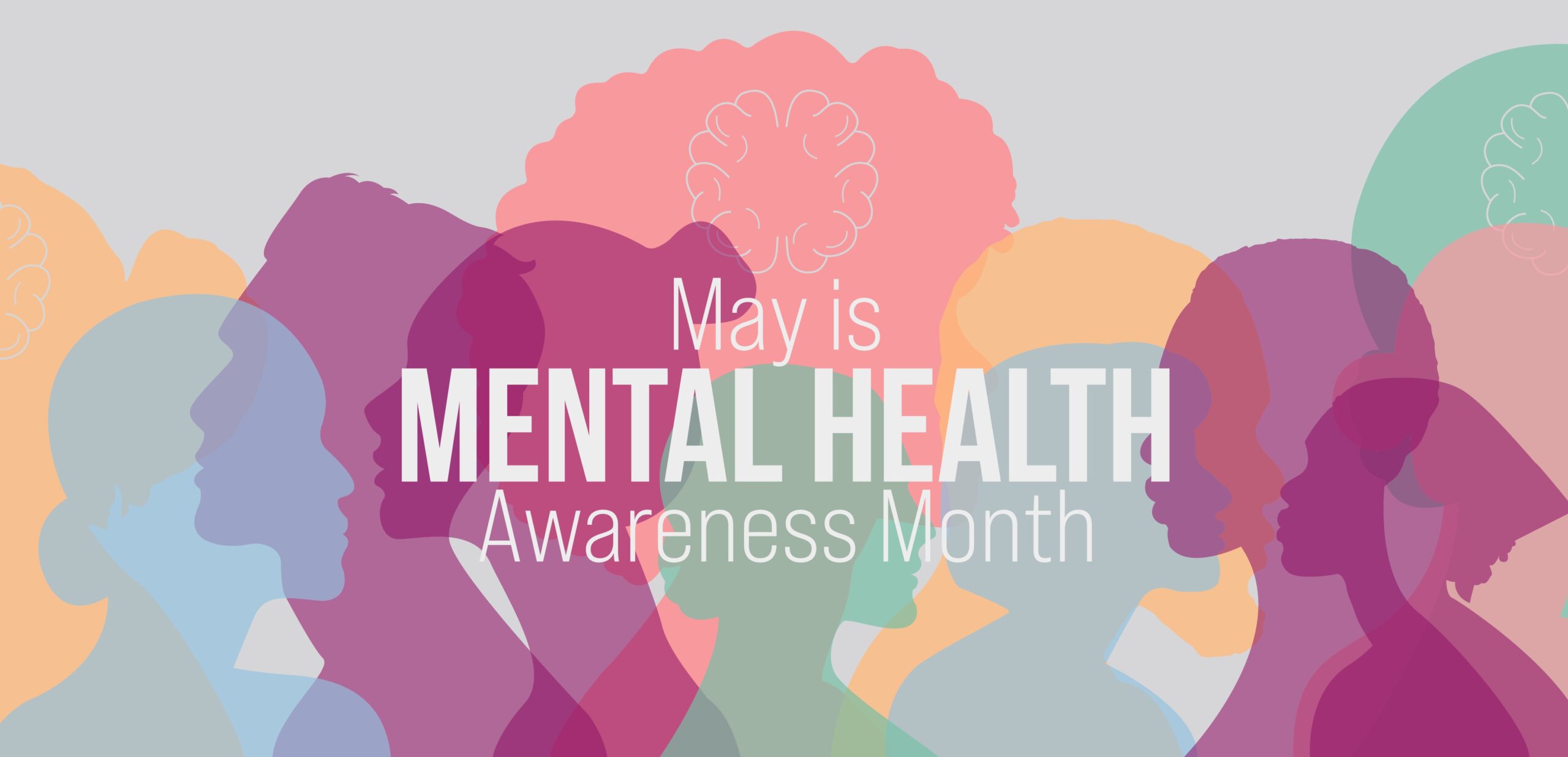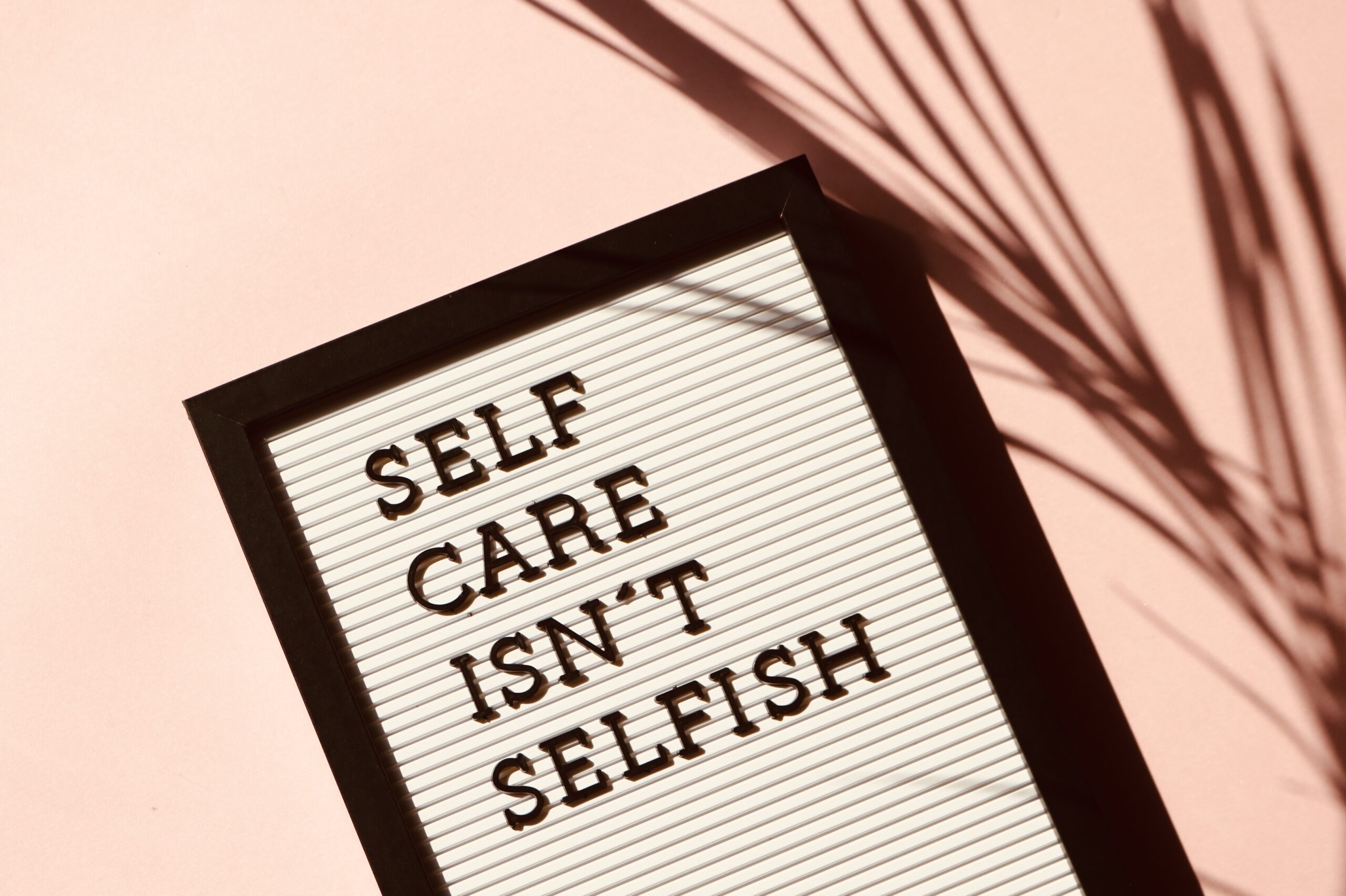Over the years, you or someone you know has probably tried a diet only to be left off worse than before. Whether it be that you gained weight back, gained more weight than when you started, you are exhausted mentally and physically, or even more confused; this is because our bodies are not meant to be starved! Physiologically, our bodies need energy, meaning we need to eat!
Are diets effective for sustained weight-loss?
Studies actually show that most people end up gaining the lost weight and for some people diets have the opposite effect and they end up gaining more weight than when they started [1]. This is why it’s called “yo-yo dieting” because we repeatedly gain and lose weight. This is often harmful to our mental and physical health because it is adding so much stress to your life and body.
Are there negative effects from continuously dieting?
Many of the negative side effects of dieting are not obvious and can really affect us in the long-term, meaning they can be very harmful. As previously mentioned, our bodies are not meant to be starved or restricted. There is no communication between our intentions and our body’s reaction. By starving ourselves, our bodies don’t realize that it is for a “diet” and will activate anti-starvation mechanisms to combat starvation [2]. Over the long term, this ends up decreasing our basal metabolic rate and conserving more fat, lowering the “full” hormone leptin and increasing the secretion of the “hunger” hormone ghrelin, increasing blood pressure, insulin resistance, and even decrease cardiovascular health [2]. Doesn’t sound so great anymore does it, but did it ever?
Caloric restriction, calorie counting, excessive weight training and cardio, food fixation, and start-and-stop mentality, can all not only impact our physical health but our mental health [3]. What can we thank for these unrealistic body “standards”? Diet culture….
How does diet culture affect us?
Diet culture is a system of beliefs that worships a thin ideal, promotes weight loss in unsustainable ways, demonizes certain food and food habits, and creates a divide between people who fit their “healthy/thin narrative” and harms anyone who doesn’t fit into that ideal [4]. It is impacting more than ever individuals who are impressionable, like children and teenagers. Some examples would be: “They’d like me more if I was thinner” “I could never eat that many carbs!” “I weighed so little in high school and I look so bad now”. Growing up is hard enough and body image is an important aspect in teenage ideals. This can lead to a variety of mental health disorders such as anxiety and depression as well eating disorders and disordered eating patterns. Where does this lead us? To a feeling of shame and food guilt and a downward spiral to labelling certain foods as bad.
Let’s stop right there. No food is simply good or bad. There are so many factors that make you healthy and restricting yourself from your favourite foods isn’t on that list.
So if dieting doesn’t work, what does?
This is where intuitive eating comes in, learning the signs and signals of hunger and creating a positive attitude towards eating and body image [5]. The one who knows your body best is you, you need to trust your body and give it what it needs to survive and flourish. Hunger and food are NOT your enemy. If you feel that food is your enemy, I am here to support you.
Check out my resource under “freebies” about becoming an intuitive eater and reach out to me if you finally have found you’re calling to kick start your intuitive eating journey.
References:
- Smith, B., & Bible, A. (2020, March 16). Yoyo Dieting: What It Is and How It Can Wreck Your Body. Retrieved January 23, 2021, from: https://www.mensjournal.com/health-fitness/yo-yo-dieting-what-it-and-how-it-can-wreck-your-body/
- Kooienga, M. H. (2019, September 12). Why Diets Don’t Work and How to Shift Your Focus to Longer-Term Solutions. Retrieved January 23, 2021, from:https://thebetterparent.com/2019/09/8-reasons-why-diets-dont-work-for-everyone-2/
- Hardy, A. (2020, August 25). The Psychological Consequences of Diets. Retrieved January 23, 2021, from: https://ignitenutrition.ca/blog/why-diets-dont-work-the-psychological-impacts-of-dieting/
- O’Malley, B. (2019, July 10). What is ‘Diet Culture’?: Alissa Rumsey Nutrition: Intuitive Eating Coaching. Retrieved January 23, 2021, from https://alissarumsey.com/intuitive-eating/what-is-diet-culture/
- Tribole, E. (2018, September 12). Intuitive Eating. Retrieved January 23, 2021, from https://www.intuitiveeating.org/




